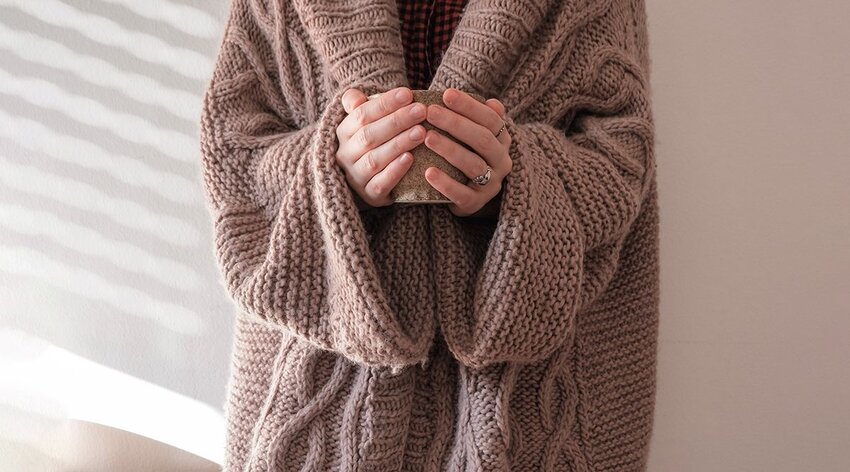In the early 2000s, the book series and movie adaptations for Sisterhood of the Traveling Pants were global hits. But in the United Kingdom, the title elicited more than a few giggles. The reason? "Pants" (derived from underpants) is a common name for underwear — not jeans, as meant in the series. It's just one example of how what we call different items of clothing can shift between various English dialects. Brush up on these terms, so you’re always dressed appropriately wherever your travels might take you.
Rain Boots – Rubber Boots – Wellingtons – Wellies – Galoshes
If the forecast calls for wet weather, you’ll want to pull on a pair of waterproof boots, which are known in North America as rubber or rain boots. In Australia and the U.K., however, they pay homage to the Duke of Wellington, who popularized this style of boot in the early 19th century. In America, "galoshes" and "boots" are interchangeable, but in the U.K., "galoshes" specifically refer to a rubber boot slipped over another type of shoe to protect them from puddles.
Sweater – Jumper – Pullover – Sweatshirt
Here's the short version of this debate: If you want to be warm on a chilly day, reach for one of these. All of these terms refer to long-sleeved tops. The first three relate to knitted tops, but a sweatshirt is usually made from some sort of cotton fleece material. "Sweaters" and "pullovers" are pretty specific to the U.S., while "jumper" is unique to the U.K. and Australia. It comes from the word "jupe," an old-fashioned name for a jacket or tunic.
Tank Top – Vest – Singlet
A sleeveless top — usually with straps — is known as a "tank top," which is a name derived from the type of swimsuit it resembles (a "tank suit"). In the U.K., however, a top like this is used as a base layer, or undershirt, and is known as a "vest." This might confuse North Americans, whose understanding of a vest is the exact opposite — a layer you wear on top of other clothes, rather than under. Globally, the 18th-century word for an unlined base garment — "singlet" — seems to be widely adopted.
Knit Hat – Beanie – Toque
Keep your head warm in the winter by donning one of these lovely hats. A "knit hat" is the most technically accurate term, but slangy spinoffs such as "beanies" and "skullies" (U.S.) have gained favor. (An old-timey nickname for your head is "bean."). If you’re in Canada, however, you’ll hear most residents referring to "toques" (pronounced "too-ke"). Canada, as a bilingual nation, picked up plenty of French words from their settlers. This is just one that has stuck around and spread across the country.
Sneakers – Runners – Trainers
Before you work out, you’ll likely lace up a pair of gym shoes that are sometimes referred to as "running shoes," "walking shoes," "basketball shoes," or "tennis shoes." "Sneaker" is a globally accepted term, but popular abbreviations still prevail. In Canada, you grab your "runners." In the U.K., "trainers" will have you ready to practice any sport.
Sandals – Flip Flops – Thongs
The Greek word sandalon describes a type of wooden shoe, but it was eventually shortened to just "sandals." The U.K. popularized the term "flip flop" in the 1960s to describe the actual sound that shoes without a heel strap make when you walk. Prior, "flip flops" were known as "thongs," a type of sandal worn since the days of the ancient Greeks and Romans. When a certain skimpy style of underwear or swimsuit with a single strap became popular in the ’80s, however, the word fell out of fashion to describe footwear. Australia still uses it though!
Overalls – Dungarees
Pants with a bib, also known as "slops," were first worn by the working class in the 1700s. They also became known as "overalls" since they were worn over the clothes they were trying to protect. "Dungarees," a common name for overalls in the U.K., actually comes from the British colonial presence in India. “Dungri” is a type of thick, cotton cloth that's used to make sails, tents, and working pants. It was exported from India to Britain.
Credit: Giulia Bertelli/ Unsplash

